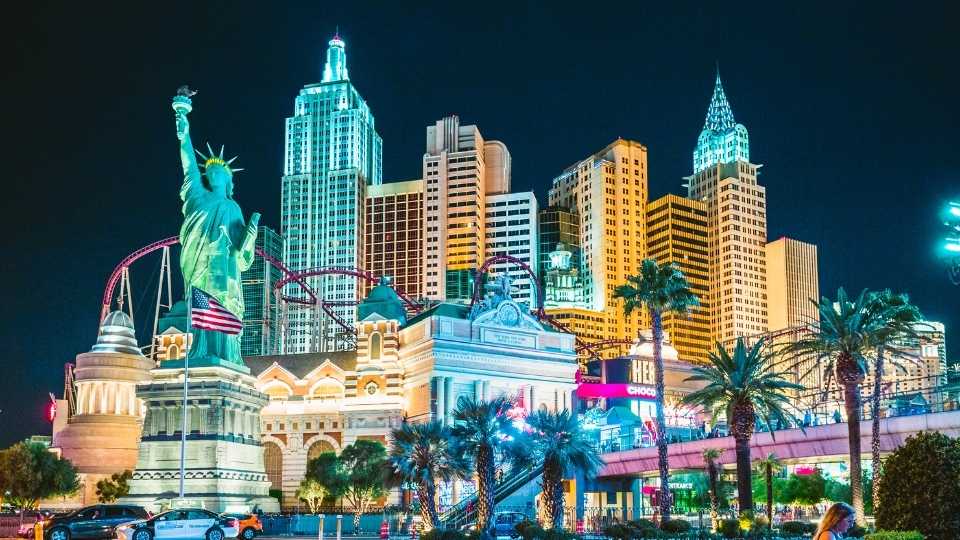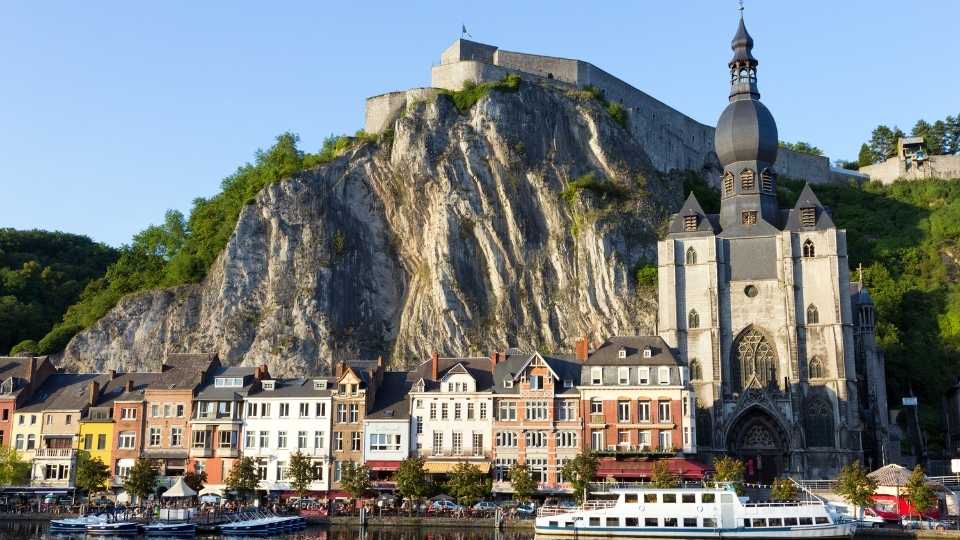Travel
What Sustainable Tourism Practices Should I Follow?
Travel sustainably by opting for eco-friendly accommodations that use renewable energy and reduce waste. Support the local economy by dining at family-owned

To travel sustainably, start by choosing eco-friendly accommodations that prioritize renewable energy and reduce waste. Support local businesses by dining at family-owned restaurants and shopping in community stores. Minimize plastic use by bringing reusable items like water bottles and bags, while also asking restaurants for eco-friendly packaging. Respect wildlife by observing from a distance and sticking to marked trails. Finally, use sustainable transport options like public transit, biking, or walking. These practices not only protect the environment but also improve your overall travel experience. Stay with us as you investigate more about sustainable tourism practices.
Choose Eco-Friendly Accommodations
When you plan your next trip, consider choosing eco-friendly accommodations that prioritize sustainability.
These places often focus on reducing their environmental impact, making your stay safer and more responsible.
Look for hotels or lodges that use renewable energy, recycle, and minimize water usage.
They may also support local wildlife and maintain green spaces, enhancing your overall experience.
Support Local Businesses
Supporting local businesses is a powerful way to improve your travel experience while contributing to the community’s economy.

When you choose to eat at local restaurants, shop at neighborhood boutiques, or stay in family-run accommodations, you not only enjoy authentic experiences but also help sustain the livelihoods of local residents.
This approach often leads to safer environments, as local businesses tend to prioritize community well-being. You can discover hidden gems that larger chains might overlook, enhancing your journey.
Take the time to ask locals for recommendations—they often know the best spots.
By supporting these enterprises, you’re fostering a sense of community and ensuring that your travel dollars have a lasting, positive impact.
Your choices truly matter!
Minimize Waste and Plastic Use
Reducing waste and plastic use during your travels is essential for protecting the environment and preserving the beauty of the destinations you visit.
Start by packing reusable items like water bottles, utensils, and shopping bags. Not only do these items cut down on single-use plastics, but they also help you stay safe by minimizing contact with shared surfaces.

When dining out, choose restaurants that prioritize sustainability and offer eco-friendly packaging. If you’re staying in a hotel, request no daily housekeeping to reduce linen waste.
Always dispose of your trash properly and recycle whenever possible. By making these simple changes, you contribute to a cleaner planet and guarantee that future travelers can enjoy the same stunning environments you did.
Respect Wildlife and Natural Habitats
Respecting wildlife and natural habitats is essential for maintaining the delicate balance of ecosystems during your travels.
By following a few simple guidelines, you can guarantee that your impact on nature is minimal and respectful. Here are some practical tips:
- Observe from a Distance: Always keep a safe distance from wildlife and avoid feeding them.
- Stay on Trails: Stick to marked paths to prevent damaging native plants and habitats.
- Leave No Trace: Take all your trash with you, and leave natural features as you found them.
- Educate Yourself: Learn about the local ecosystem and its species to appreciate and protect them better.
Use Sustainable Transportation Options
Choosing sustainable transportation options can significantly lower your carbon footprint while traveling.
Consider using public transport like buses or trains; they’re often safer and more eco-friendly than driving alone. If you prefer to investigate at your own pace, biking is an excellent choice. Many cities offer bike rentals, allowing you to enjoy the scenery while reducing emissions.
Walking is another great option, especially in pedestrian-friendly areas. It keeps you active and lets you experience your destination up close.

If you must drive, carpooling with fellow travelers can help minimize your impact. Always prioritize safety by choosing well-lit routes and following traffic rules.
Frequently Asked Questions
How Can I Educate Myself About Sustainable Tourism Practices?
To educate yourself about sustainable tourism practices, you can read books, follow reputable blogs, attend workshops, and engage with local conservation groups. It’s essential to stay informed and share your knowledge with others.
What Certifications Should I Look for in Eco-Friendly Accommodations?
When choosing eco-friendly accommodations, look for certifications like Green Key, EarthCheck, or LEED. These guarantee safety and sustainability practices are in place, helping you enjoy a responsible stay without compromising your well-being.
Are There Specific Apps to Help With Sustainable Travel Planning?
Think of your travel plans as a garden; nurturing them with the right tools makes a difference. Use apps like TravelMapper and EcoTrip to help you cultivate sustainable choices, ensuring your journey’s safe and eco-friendly.
How Can I Engage With Local Communities Responsibly During My Travels?
When you travel, connect respectfully with locals by participating in community events, supporting local businesses, and seeking their insights. Always prioritize their customs and needs, ensuring your presence contributes positively to their environment and culture.
What Are the Benefits of Choosing Sustainable Tourism for My Health?
Choosing sustainable tourism boosts your health by reducing stress, enhancing well-being, and connecting you with nature. You’ll breathe cleaner air, enjoy local, organic foods, and foster meaningful experiences, all while supporting communities and preserving the environment.

Hey there! I’m William Cooper, your go-to guy for all things travel at iMagazineDaily. I’m 39, living the dream in Oshkosh, WI, and I can’t get enough of exploring every corner of this amazing world. I’ve got this awesome gig where I blog about my travel escapades, and let me tell you, it’s never a dull moment! When I’m not busy typing away or editing some cool content, I’m out there in the city, living it up and tasting every crazy delicious thing I can find. Join me on this wild ride of adventures and stories, right here at iMagazineDaily. Trust me, it’s going to be a blast! 🌍✈️🍴







